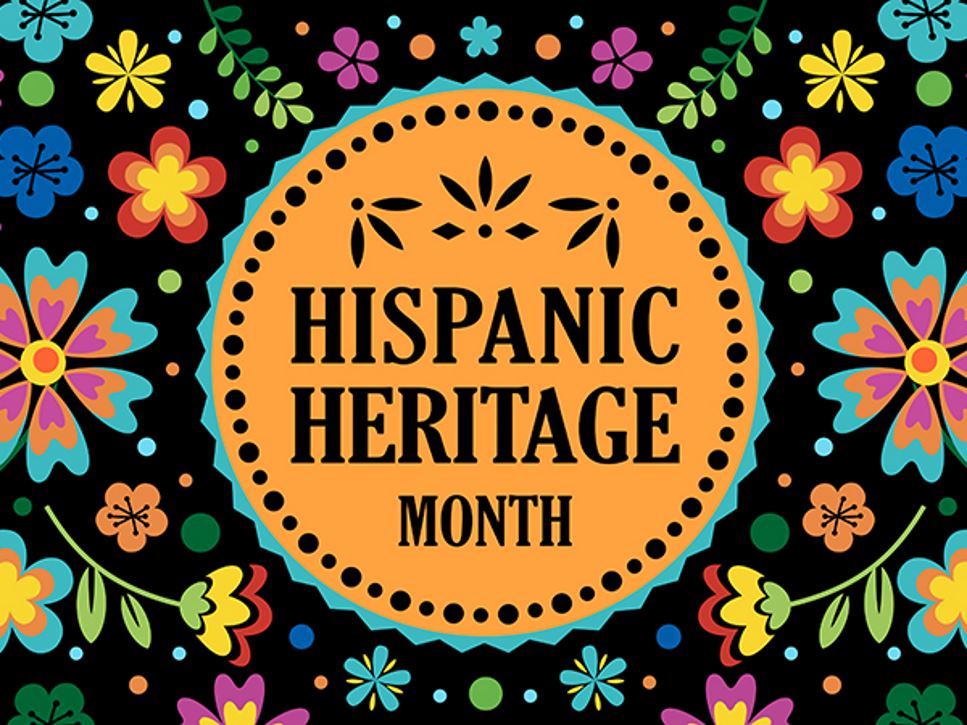Officially established in 1988 as a month-long event, Hispanic Heritage Month is observed every year from September 15 to October 15 in the United States. It originated as Hispanic Heritage Week during the week of September 15, 1968, commemorating the anniversary of the independence of Chile, Costa Rica, El Salvador, Guatemala, Honduras, Mexico and Nicaragua. The annual observation provides a chance to celebrate and acknowledge the contributions and cultures of Hispanic Americans and their Spanish, Mexican, Caribbean and Central and South American ancestors. To learn more about the contributions of Latino/Hispanic nutrition and dietetics practitioners, visit the Academy’s Latinos and Hispanics in Dietetics and Nutrition Member Interest Group.
There are a variety of ways to celebrate Hispanic Heritage this month and year-round. Here are a few ideas to get you started:
- Read Material by Hispanic or Latino Authors. Books and resources offer information and insight into the experience and culture of Latin Americans. Whether you choose non-fiction, fiction, cookbooks or children's books, seek out work by Hispanic authors. Many libraries will also have curated collections of titles for all ages and reading levels during Hispanic Heritage month. The same is true for online and brick and mortar stores.
- Learn about Hispanic or Latino History. In addition to the library, public television and video streaming platforms often promote collections to celebrate Hispanic Heritage Month. Or, try a less traditional approach and step out on the trails — the National Park Service offers special programming during Hispanic Heritage Month that emphasizes the importance of the Latino community in shaping the National Park system. A cooking class focused on the foods of Latin America offers the opportunity to learn about the unique flavors and ingredients of different regions.
- Advocate for the Inclusion of All Voices. Hispanic Heritage Month encourages all voices be heard and represented with the hope of building a stronger community and nation. This can be done in a variety of ways, including seeking out diverse voices and by listening to and respecting the food traditions of people of all ethnic backgrounds. The Academy is committed to fostering inclusion, diversity, equity and access throughout the nutrition and dietetics profession and supports legislation designed to eliminate racial and ethnic health disparities and chronic disease.
- See a Registered Dietitian Nutritionist to Meet Your Health Goals. Individuals of Hispanic or Latino descent are the largest minority group in the United States, yet they are at increased risk for certain health conditions such as heart disease, diabetes and liver disease. If you have concerns about your health status, an RDN can help you plan healthful meals you love that still celebrate who you are and work for you and your family. It may be helpful to work with an RDN from a similar background as you or one who is familiar with the foods you eat. Use Find a Nutrition Expert to locate an RDN offering in-person or telehealth services in your area. Options to search by specialty area, insurance/payment and language also are available.
Recommended Hispanic Heritage Month websites:
- National Endowment for the Humanities – Hispanic and Latino Heritage and History in the United States
- National Museum of the American Latino
- Hispanic Heritage Month Archive
- The Library of Congress – National Hispanic Heritage Month
Recommended Hispanic health, wellness and nutrition websites:
Find a Nutrition Expert
Looking for credible nutrition information and recommendations? The Academy of Nutrition and Dietetics' network of credentialed food and nutrition practitioners are ready to help!

